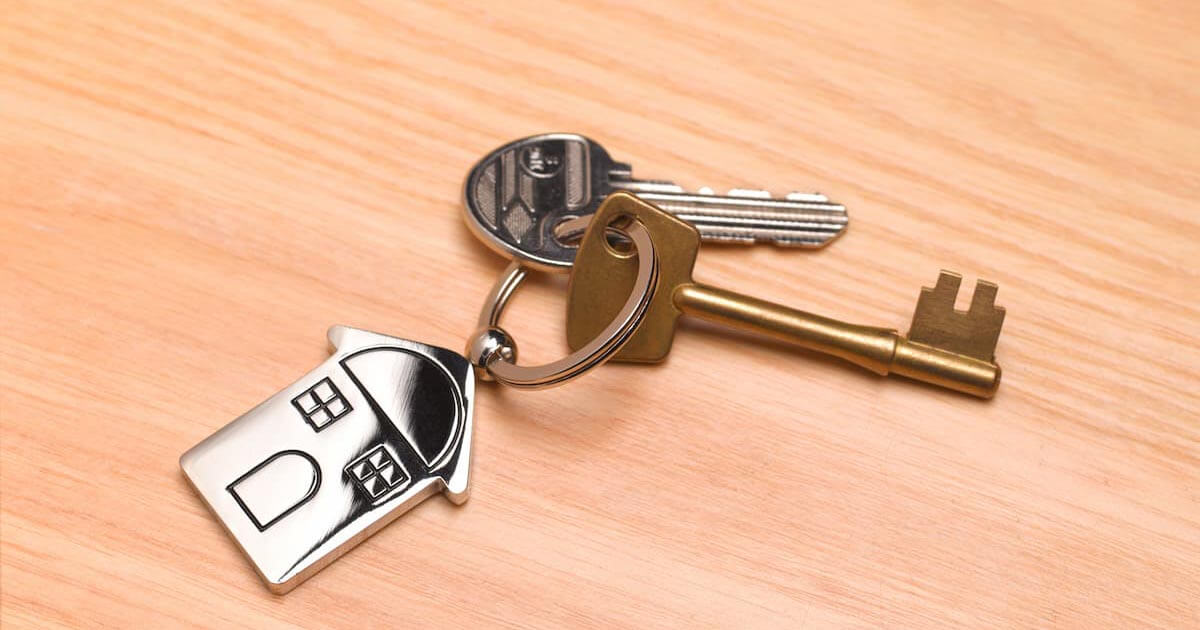6th April 2020 – Start of the new tax year
The first day of the new tax year. You should use this opportunity to gather some detailed information from the 2019/2020 tax year. This will make your self-assessment easier at the end of the year.
31st May 2020 – P60 Documents
On this date, you should issue P60 documents to your employees for the 2019/20 tax year, either on paper or electronically.
The P60 is the form that shows how much tax an employee has paid for the tax year. A P60 will allow your employee to claim back on overpaid tax, apply for tax credits or act as proof of income for a loan or mortgage.
6th July 2020 – P11D Documents
This is the deadline date to issue a P11D document to employees for the 2019/20 tax year.
The P11D is the form that outlines payments of benefits-in-kind, such as a company car or an interest-free loan from your business.
31st July 2020 – Tax payment
The deadline for your second tax payment on the tax year that ended on 5th April 2019.
31st October 2020 – Paper self-assessment form
This date marks the deadline for your paper self-assessment return forms for the 2019/20 year. Because of the new Making Tax Digital scheme, this could be the last year that you will use a paper return form.
30th December 2020 – Online self-assessment form
This is the deadline for the online submission of a self-assessment tax return for the tax year that ended on 5th April 2019.
It will allow HMRC to collect employment or pension income on PAYE tax codes if less than £3,000 is owed.
31st January 2021 – Deadline for online self-assessment
Midnight on 31st January marks the deadline for self-assessment tax returns and for paying your tax for the 2019/20 tax year.
5th April 2021 – End of the tax year
This date marks the end of the tax year for 2020/2021.
















